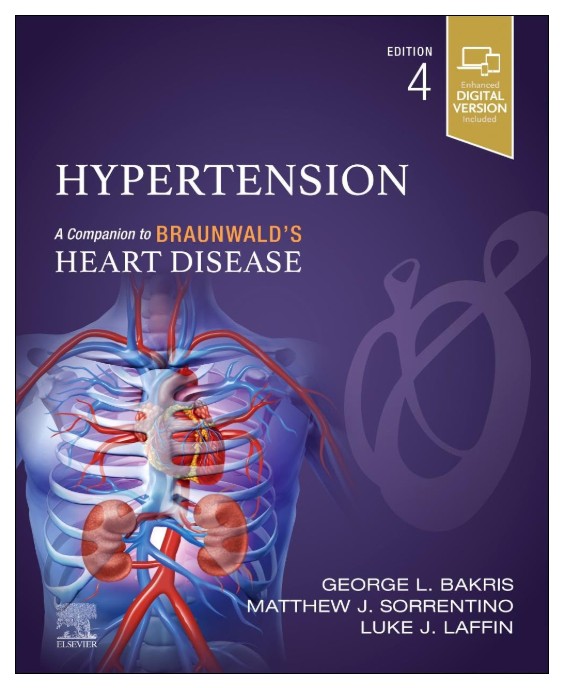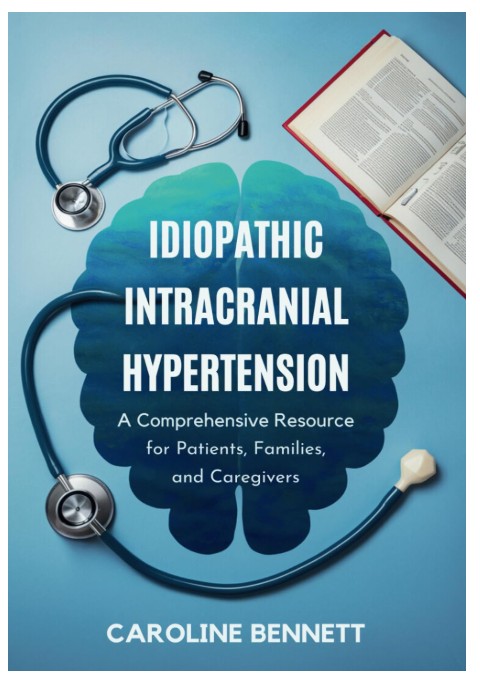Nicardipine is a pharmaceutical drug that is often employed as a treatment for severe chest pain, also known as angina, and high blood pressure, medically referred to as hypertension. This medication is part of a class of drugs known as calcium channel blockers, which function by relaxing the muscles of the heart and blood vessels.
Angina is a type of chest pain that occurs when the heart muscle doesn’t get enough oxygen-rich blood. This condition often presents itself as discomfort or heaviness in the chest, and may also be accompanied by shortness of breath, nausea, or fatigue. High blood pressure or hypertension, on the other hand, is a chronic medical condition where the force exerted by the blood against your artery walls is consistently too high. Over time, this can lead to serious health issues such as heart disease or stroke.
Nicardipine works to alleviate these conditions by blocking calcium from entering certain tissues and arteries. This action allows for greater ease in blood flow and reduces the workload on the heart. By doing so, it helps to lower blood pressure and prevent angina attacks.
It’s important to note that while Nicardipine can help manage these conditions, it does not cure them. It is typically used in conjunction with lifestyle modifications such as diet changes and exercise in order to effectively control symptoms and prevent complications.
The dosage of Nicardipine varies depending on the individual patient’s medical condition and response to treatment. It’s crucial for patients taking Nicardipine to follow their healthcare provider’s instructions carefully. The medication should be taken regularly at evenly spaced intervals to maintain a consistent level of medicine in the body.
Like all medications, Nicardipine may cause side effects including headache, flushing, nausea or dizziness. If these effects persist or worsen over time it’s essential to seek immediate medical attention. In rare cases, more serious side effects might occur such as fainting or significant changes in heartbeat.
In conclusion, Nicardipine is a valuable tool in the management of angina and hypertension. It helps to improve the quality of life for those suffering from these conditions by reducing symptoms and lowering the risk of serious health complications. However, it’s important to remember that this medication should be used as part of a comprehensive treatment plan that includes lifestyle changes and regular monitoring by a healthcare provider.



